Publications
Articles, publications, books, tools and multimedia features from the U.S. Institute of Peace provide the latest news, analysis, research findings, practitioner guides and reports, all related to the conflict zones and issues that are at the center of the Institute’s work to prevent and reduce violent conflict.
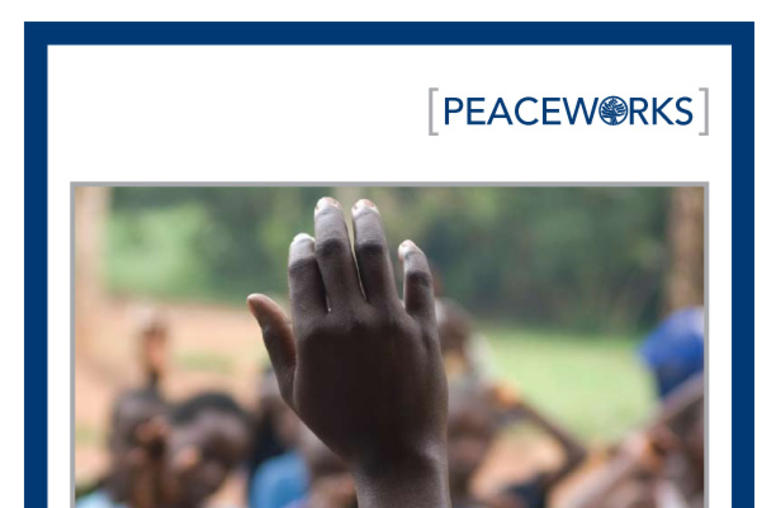
Making Peace after Genocide
A former seven-term member of Congress and presidential special envoy during the Clinton administration, Howard Wolpe led the U.S. delegation to the Arusha and Lusaka peace talks to end the civil wars in Burundi and the Democratic Republic of the Congo. This report distills the author’s experience as a presidential special envoy to Africa’s Great Lakes region from 1996 to 2001, and as the director of a Burundi leadership training initiative from 2003 to 2009.
Women in Yemen's Protests
Amid the upheavals in Yemen, USIP’s Mary Hope Schwoebel discusses the role of women in the political protests and how it is likely to affect their future status.
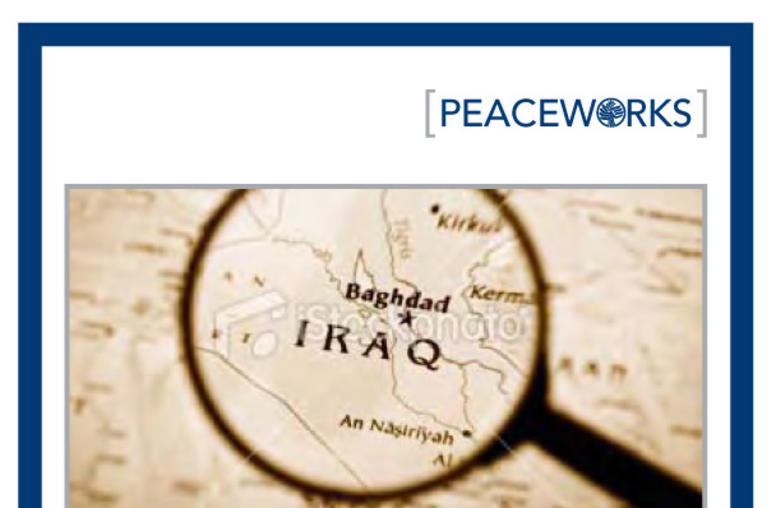
Iraq's Disputed Territories
According to U.S. government officials, the greatest potential threat to Iraq’s stability is not extremist groups but the prospect of Arab-Kurdish conflict over oil-rich Kirkuk and other disputed territories. This report attempts to demystify and disaggregate the often poorly defined disputed territories by drawing upon two data sets: the political preferences expressed in these territories during Iraq’s three postconstitution elections and archival records detailing these areas’ respective a...
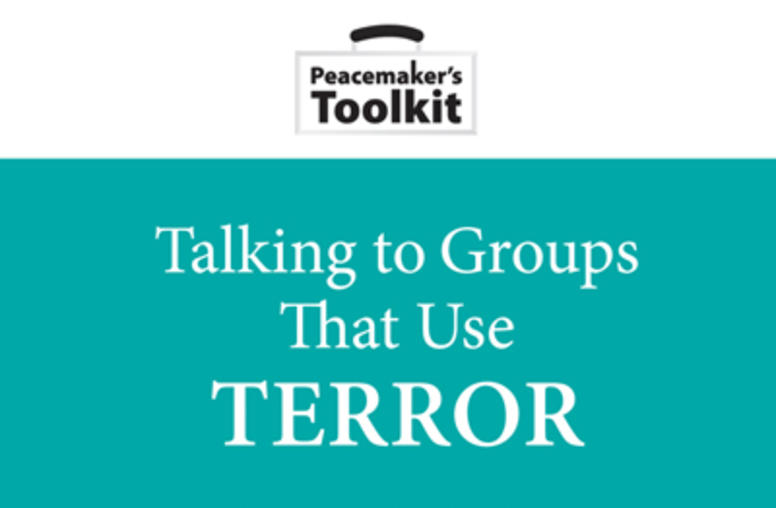
Talking to Groups That Use Terror
This volume poses and attempts to answer a series of basic, but complex, questions regarding engagement of proscribed armed groups (PAGs). This handbook is part of the Peacemaker’s Toolkit series, published by the United States Institute of Peace.
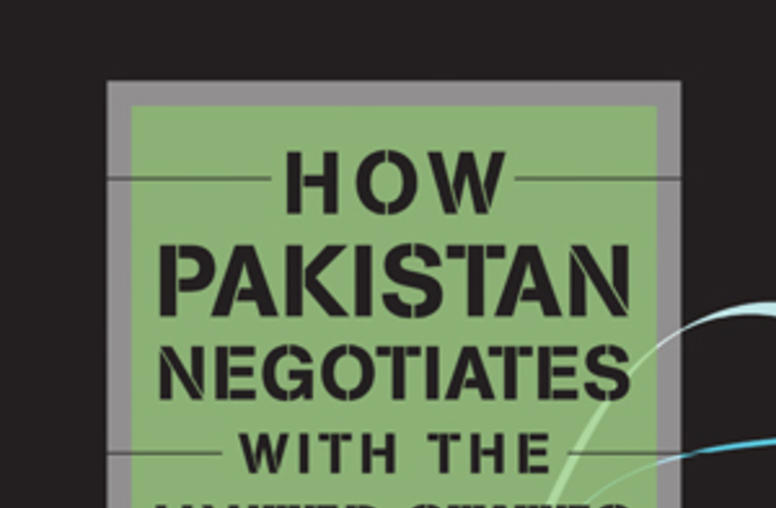
How Pakistan Negotiates with the United States
How Pakistan Negotiates with the United States analyzes the themes, techniques, and styles that have characterized Pakistani negotiations with American civilian and military officials since Pakistan’s independence. Drawing from their vast diplomatic experience, authors Teresita and Howard Schaffer examine how Pakistan’s ideological core, geopolitical position, culture, and military and governmental structures shape negotiations with the United States.
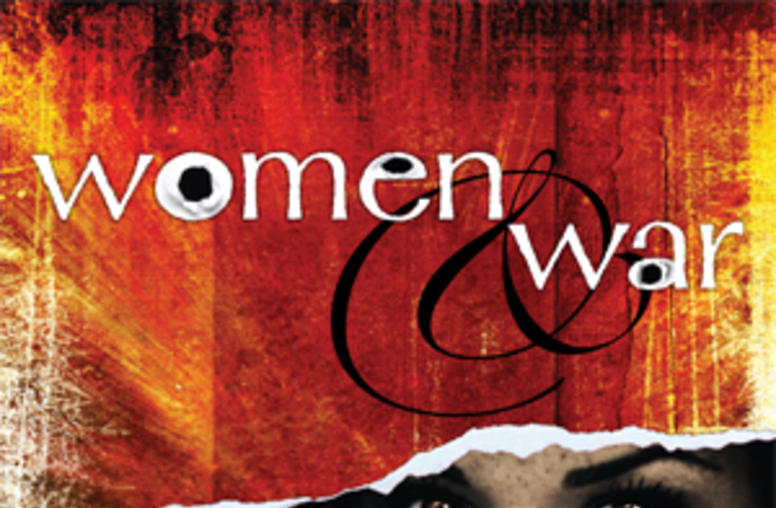
Women and War
In consideration of U.N. Resolution 1325 (which called for women’s equal participation in promoting peace and security and for greater efforts to protect women exposed to violence during and after conflict), this volume takes stock of the current state of knowledge on women, peace and security issues, including efforts to increase women’s participation in post-conflict reconstruction strategies and their protection from wartime sexual violence.
Transitional Justice in Egypt and Tunisia
Amid the upheavals in the Middle East and North Africa, USIP’s Scott Worden discusses transitional justice in Egypt and Tunisia.
Egypt's Economic Future
USIP’s Raymond Gilpin, co-author of “Defusing Egypt’s Demographic Time Bomb,” discusses how proper management of Egypt’s economy can help ensure a stable future.
Concerns Grow over Cote d'Ivoire
Some 100,000 people have fled Cote d’Ivoire and nearly one million are displaced amid post-election violence and fears of an all-out civil war. USIP’s Dorina Bekoe examines what sparked this current crisis and possible ways to address the country’s deep-rooted problems.
USIP Experts Respond to Obama's Speech on Libya
USIP experts respond to President Obama's speech on U.S. military intervention in Libya.